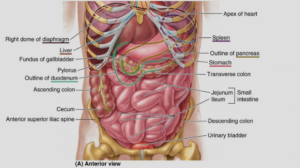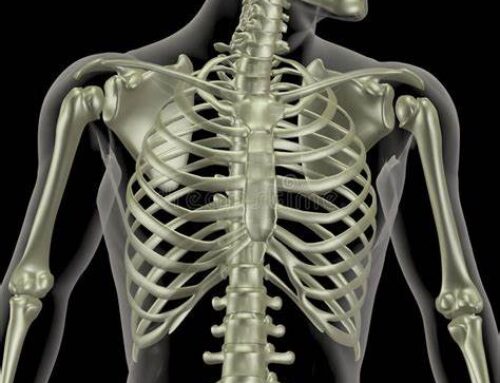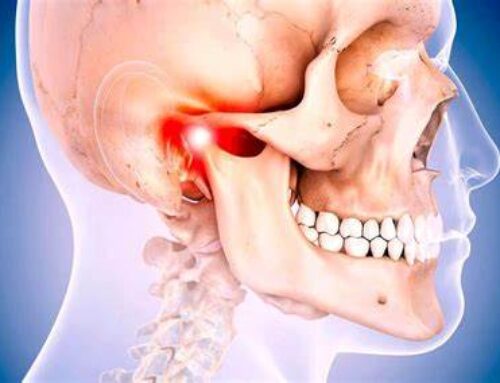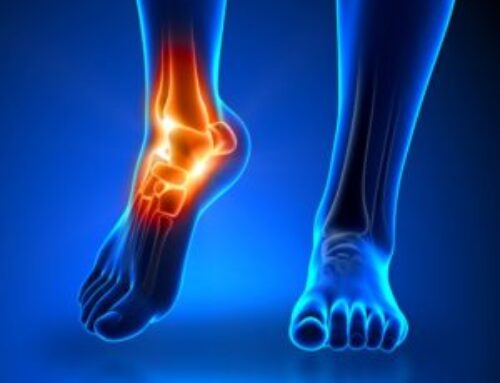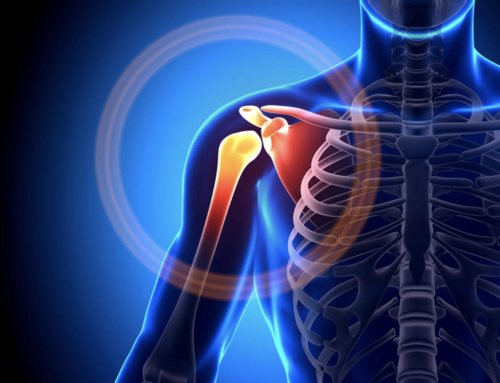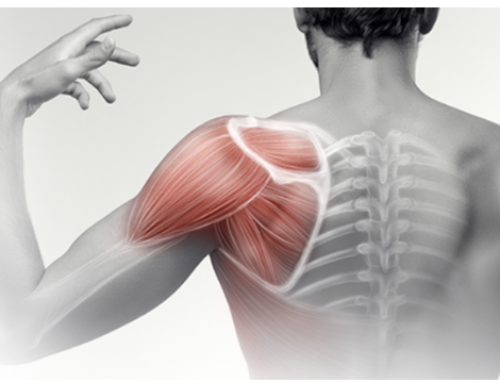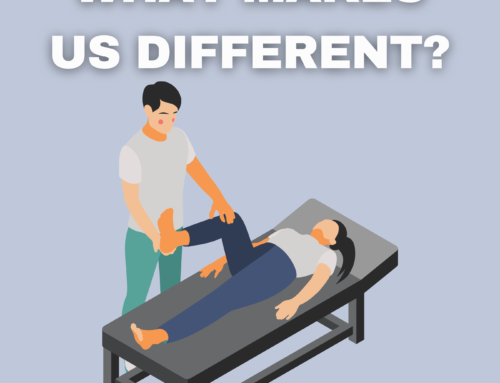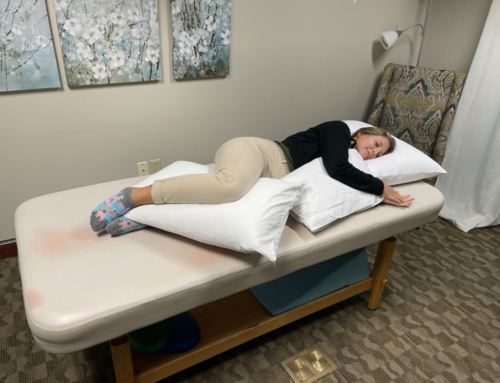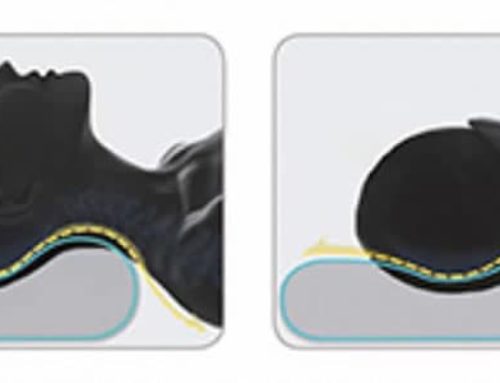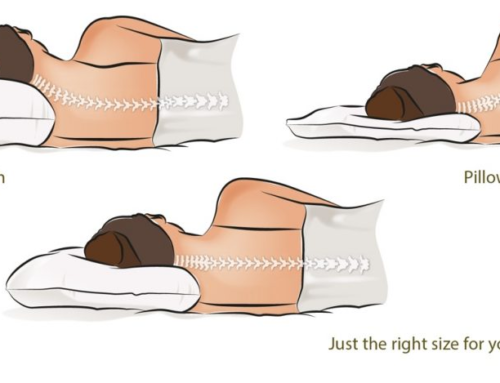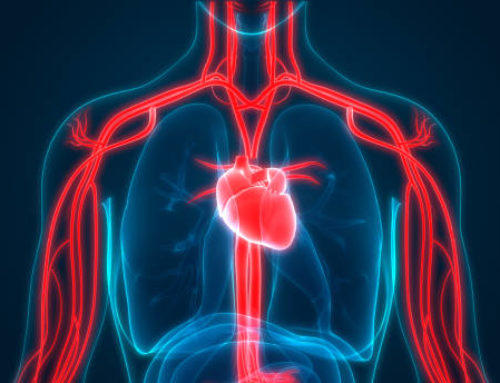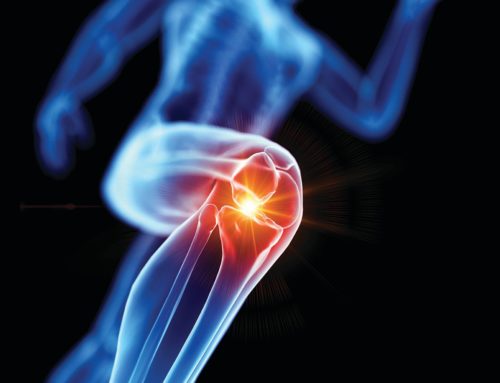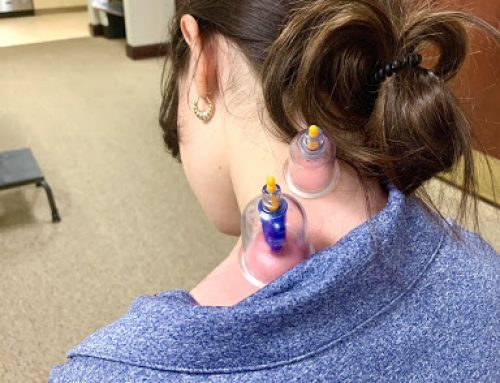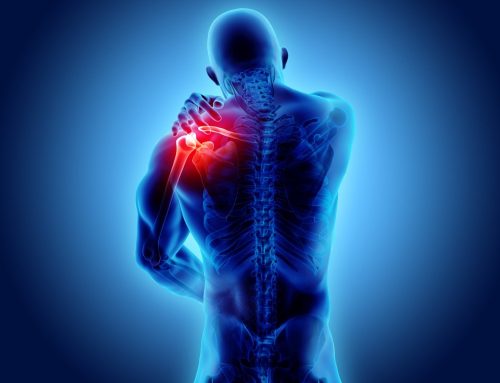We’ve been talking about the Stranger Things we treat as physical therapists this month, and one of the areas we treat that surprises people the most is the abdomen. Do you have unexplained pain or cramping in your abdomen? Do you experience a “stitch” in your side with deep breathing? Do you suffer from chronic constipation? Do you have neck, low back, hip or shoulder pain that has not improved with traditional treatments? You might be surprised to hear that fascial restrictions in the abdomen could be the culprit.
The abdominal organs, also known as viscera, rest in the protective region between the ribs, spine and pelvis. Just like in the rest of the body, there is fascia (a tough connective tissue) that interconnects the organs to one another and to surrounding muscles and bones. In the normal, efficient state, each organ should have the ability to slide or glide in relation to surrounding tissues without restrictions or adherence. If that ability is limited by fascial restrictions or by scar tissue from prior surgeries or injuries, there can be a significant impact on the function of the digestive tract, the immune system, the musculoskeletal system and even the nervous system. The digestive tract is known to be responsible for 70% of the immune system so fascial restrictions in this area can greatly affect your overall health.
The diaphragm is a large muscle that lies above the abdominal viscera within the lower part of the ribcage and it is responsible for proper breathing. Your abdomen and lower ribs should expand outward with each inhalation, but if there are fascial restrictions within the diaphragm, it may be extremely painful to take a deep breath. Many people compensate by using upper chest breathing which overuses the muscles of the neck and upper chest and can lead to neck, shoulder or upper back pain. Likewise, restrictions in the liver can refer pain to the shoulder so chronic shoulder pain could be improved with treatment to the liver. Limited fascial mobility in the stomach, gall bladder & intestines can result in many different digestive problems, from stomach pain to belching to constipation, as well as lead to problems with the immune system which can result in chronic inflammation throughout the body.
The bladder is another organ that can be dysfunctional due to fascial restrictions limiting its ability to glide and slide away from other organs, resulting in urinary retention or even incontinence. Many issues in the female reproductive organs can also be improved with treatment to fascial restrictions surrounding the uterus, ovaries, and fallopian tubes. Menstrual cramping and even some fertility issues have even been resolved with treatment to these structures.
Through the fascia, all of these organs are connected to one another as well as to the muscles and bones of the lower spine and pelvis and therefore can be related to pain in the trunk, low back, sacroiliac joints and hips. In fact, the relationship between these structures is so significant, every patient treated for pain in these musculoskeletal areas should also be checked for restrictions in the abdominal viscera. Because of the interconnection within the pelvis, even the pelvic floor can be impacted by restrictions in these structures. This can result in multiple pelvic floor issues from incontinence to painful intercourse.
As you can see, though the abdomen is a “Stranger Thing” that we treat as physical therapists, the benefit of receiving treatment for these dysfunctions is immense. One of our experts in visceral mobilization would be happy to speak with you via a free consultation (Discovery Visit) or a PT evaluation to determine if this is the right treatment for you. Give us a call today!


